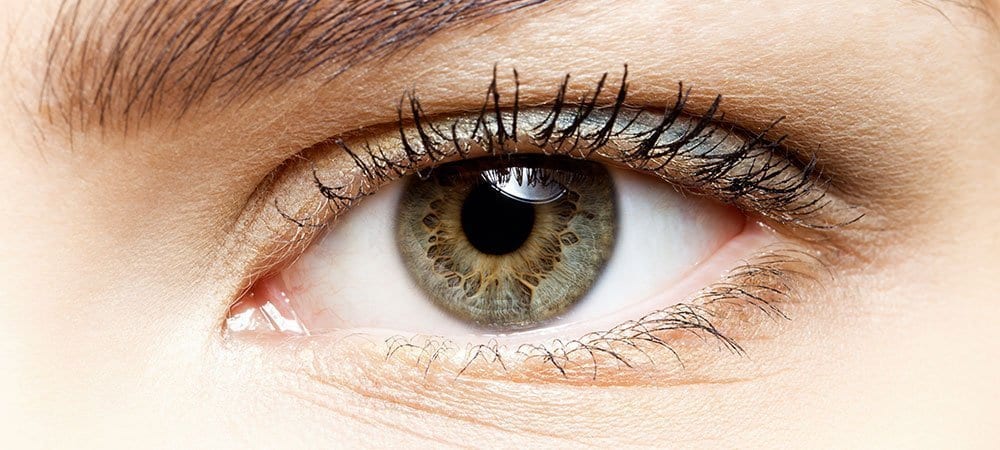6 Tips to Promote Eye Health

Keeping Your Eyes Healthy
Eyes are often overlooked or forgotten when attempting to create healthier habits that are designed to help prevent serious health problems down the road. Follow these six simple tips and try to implement them into your health routine to help protect those precious peepers for years to come.
1. Create a well-balanced diet
Good eye health starts with the food on your plate. Nutrients like omega-3 fatty acids, lutein, zinc, and vitamins C and E might help ward off age-related vision problems like macular degeneration and cataracts. To get them, fill your plate with:
- Green leafy vegetables like spinach, kale, and collards
- Salmon, tuna, and other oily fish
- Eggs, nuts, beans, and other nonmeat protein sources
- Oranges and other citrus fruits or juices
- Oysters and pork
A well-balanced diet also helps you stay at a healthy weight. That lowers your odds of obesity and related diseases like type 2 diabetes, which is the leading cause of blindness in adults.
2. Don’t smoke
It makes you more likely to get cataracts, damage to your optic nerve, and macular degeneration. If you’ve tried to kick the habit before only to start again, keep at it. The more times you try to quit, the more likely you are to succeed. Ask your doctor for help.
3. Wear sunglasses
The right pair of shades will help protect your eyes from the sun’s ultraviolet (UV) rays. Too much UV exposure boosts your chances of cataracts and macular degeneration.
Choose a pair that blocks 99% to 100% of UVA and UVB rays. Wraparound lenses help protect your eyes from the side. Polarized lenses reduce glare while you drive.
If you wear contact lenses, some offer UV protection. It’s still a good idea to wear sunglasses for an extra layer.
4. Use safety eyewear
If you use hazardous or airborne materials on the job or at home, wear safety glasses or protective goggles.
Sports like ice hockey, racquetball, and lacrosse can also lead to eye injury. Wear eye protection. Helmets with protective face masks or sports goggles with polycarbonate lenses will shield your eyes.
Remember, early detection and treatment of problems with your gums, teeth and mouth can help ensure a lifetime of good oral health.
5. Give your eyes a break
Staring at a computer or phone screen for too long can cause:
- Eyestrain
- Blurry vision
- Trouble focusing at a distance
- Dry eyes
- Headaches
- Neck, back, and shoulder pain
To protect your eyes:
- Make sure your glasses or contacts prescription is up to date and good for looking at a computer screen.
- If your eye strain won’t go away, talk to your doctor about computer glasses.
- Move the screen so your eyes are level with the top of the monitor. That lets you look slightly down at the screen.
- Try to avoid glare from windows and lights. Use an anti-glare screen if needed.
- Choose a comfortable, supportive chair. Position it so that your feet are flat on the floor.
- If your eyes are dry, blink more.
- Rest your eyes every 20 minutes. Look 20 feet away for 20 seconds. Get up at least every 2 hours and take a 15-minute break.
6. Visit the eye doctor on a regular basis
Everyone needs a regular eye exam, even young children. It helps protect your sight and lets you see your best. Eye exams can also find diseases, like glaucoma, that have no symptoms. It’s important to spot them early on, when they’re easier to treat.
Information courtesy of WebMD
Share this Post
Never Miss an Update
you might also like
There is nothing worse than a toothache, am I right?? Oral health is very important for overall health and wellbeing, at every age!













